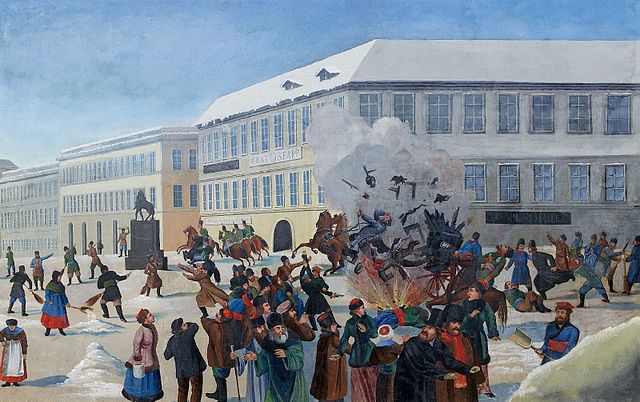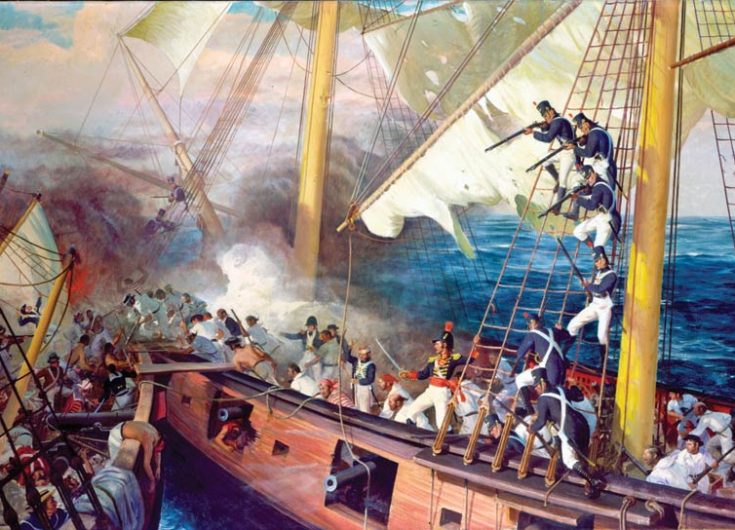Search Results for: A. Bradley Potter
War By Other Means: An Examination of Clausewitz and Modern Terrorism
Clausewitz can help us to think about the historical evolution and present character of terrorism. A handful of scholars, notably M.L.R. Smith and Peter Neumann, have applied Clausewitzian ideas to terrorist campaigns. They show how his foundational idea of the “trinity”—composed of popular passion, military strategy, and political objectives—describes a terrorist cell just as readily as a conventional army or guerrilla outfit. As they describe it, terrorism is one option among many in the complex strategic environment of a decidedly weaker force struggling to “maximize its advantage vis-a-vis an opponent.” Here, Eric Fleury argues that terrorism is not merely one example of modern warfare among many that exhibits the continuing relevance of Clausewitz, but rather occupies a more fundamental role within his theory.
John Maynard Keynes, The Economic Consequences of the Peace (1919)
In 2014, a slew of new books examining the “war to end all wars” appeared on the shelves of libraries and booksellers around the world. The centennial of that bloody conflict seemed an appropriate time to revisit its causes and consequences. While some of these efforts offered genuinely new insights, most did not. Beyond these freshly bound attempts to encapsulate one of the most destructive events of human history, there is a rich, much older set of works that any serious student of strategy and diplomacy should consider. Among these, The Economic Consequences of the Peace holds a special place.
U.S. Marine Corps, Small Wars Manual (1940)
The American military and the U.S. Marine Corps in particular had been fighting and analyzing counterinsurgency operations decades before their boots marked the sands of the Middle East and South Asia. Sadly, many of the lessons from these experiences languished on the shelfs of war colleges even as they became vitally important in the field. A handful of forward thinking officers cried for their reconsideration and modernization, and these efforts ultimately led to The U.S. Army and Marine Corps Counterinsurgency Field Manual No. 3-24. However, long before General David Petraeus blended the wisdom of soldiers and scholars to produce his manual, an earlier effort already chronicled many of the central considerations for fighting against insurgencies. The Marine Corps Small Wars Manual, published in 1936 and updated in 1940, remains an important document for understanding the historical development of American counterinsurgency strategy and tactics.



